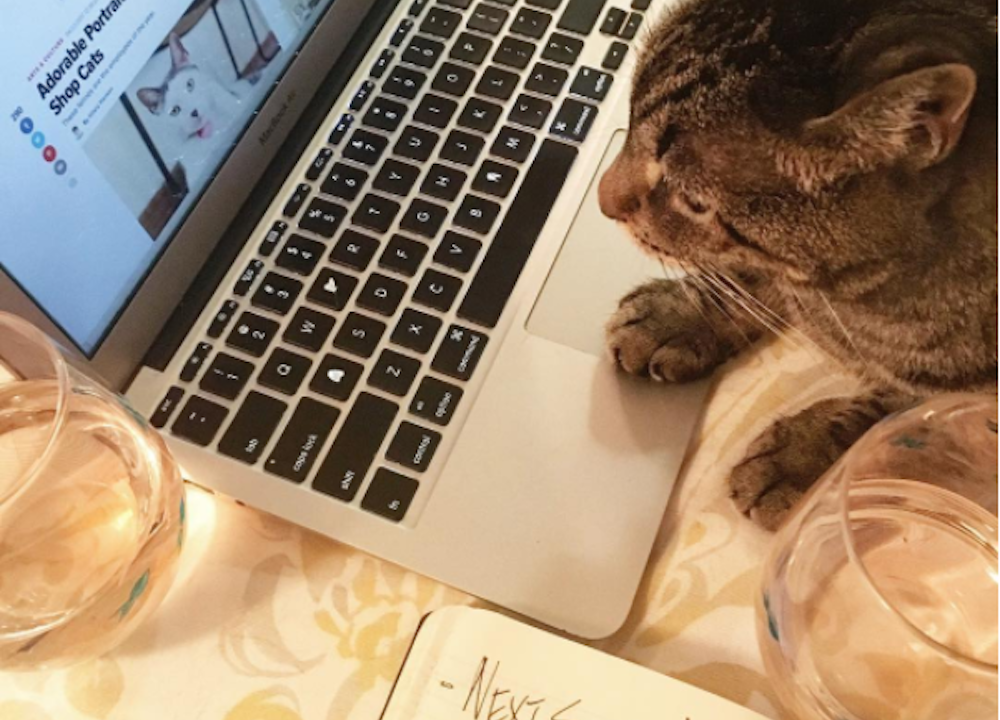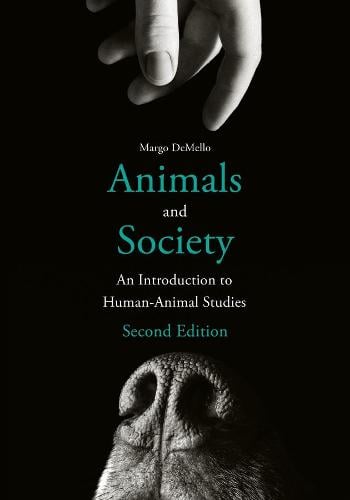

It seems that people can be roughly divided into those that feel little affinity for animals or the environment, and those who are predisposed to delight in both, adopting pet-keeping as one of the few available outlets in today’s urbanised society.Īs such, pets may help us to reconnect with the world of nature from which we evolved. In Alien Hands: Meeting Merle by Stormy Skyes. There’s a final twist to this story: recent studies have shown that affection for pets goes hand-in-hand with concern for the natural world. people had more leisure time and more money, and media helped them figure. Why doesn’t everyone feel the same way? Probably because at some point in history the alternative strategies of stealing domestic animals or enslaving their human carers became viable. Treating television as evil is just as reductive and silly as treating it like. Groups which included people with empathy for animals and an understanding of animal husbandry would have flourished at the expense of those without, who would have had to continue to rely on hunting to obtain meat. The very same genes which today predispose some people to take on their first cat or dog would have spread among those early farmers. The pug – a long way removed from its ancestors. Kept isolated in these ways, the new semi-domesticated animals would have been able to evolve away from their ancestors’ wild ways, and become the pliable beasts we know today. Today, we still have a photographic record of what it was like to peer in on somebodys life and what it was like to look out on the eyes watching you. Also, periods of famine would also have encouraged the slaughter of the breeding stock, locally wiping out the “tame” genes entirely.īut if at least some of these early domestic animals had been treated as pets, physical containment within human habitations would have prevented wild males from having their way with domesticated females special social status, as afforded to some extant hunter-gatherer pets, would have inhibited their consumption as food. The dehumanizing world of human zoos wasnt so long ago, with many existing well into the 20th century. If this were so, the technologies available would have been inadequate to prevent unwanted interbreeding of domestic and wild stock, which in the early stages would have had ready access to one another, endlessly diluting the genes for “tameness” and thus slowing further domestication to a crawl – or even reversing it. As such, we should delight in the unique joy that animals bring, and support.

But it is not easy to see how this could have been achieved if those first dogs, cats, cattle and pigs were treated as mere commodities. William Wilberforce, demonstrating this duty, founded the Society for the Prevention of Cruelty to Animals in 1824. Yes, this was also when we started breeding livestock. The DNA of today’s domesticated animals reveals that each species separated from its wild counterpart between 15,000 and 5,000 years ago, in the late Palaeolithic and Neolithic periods. This implies either that humans are not animals or what we do to animals would be. If so, then genetics might help explain why a love of animals is something some people just don’t get. The answer people may give is that humans are not the same as animals, and shouldn't be treated like animals. But like plants, which have been part of our medicine cabinets ever since the.

Why is this the case? It is highly probable that our desire for the company of animals actually goes back tens of thousands of years and has played an important part in our evolution. These days, many of us are more likely to think of wild animals with a source of human illness rather than cure. Some people are into pets, however, while others simply aren’t interested. But during the 2008 financial crisis, spending on pets remained almost unaffected, which suggests that for most owners pets are not a luxury but an integral and deeply loved part of the family. Pets cost time and money, and nowadays bring little in the way of material benefits. Indeed, it is often assumed that pets are a Western affectation, a weird relic of the working animals kept by communities of the past.Ībout half of the households in Britain alone include some kind of pet roughly 10m of those are dogs while cats make up another 10m. The recent popularity of “designer” dogs, cats, micro-pigs and other pets may seem to suggest that pet keeping is no more than a fad.


 0 kommentar(er)
0 kommentar(er)
